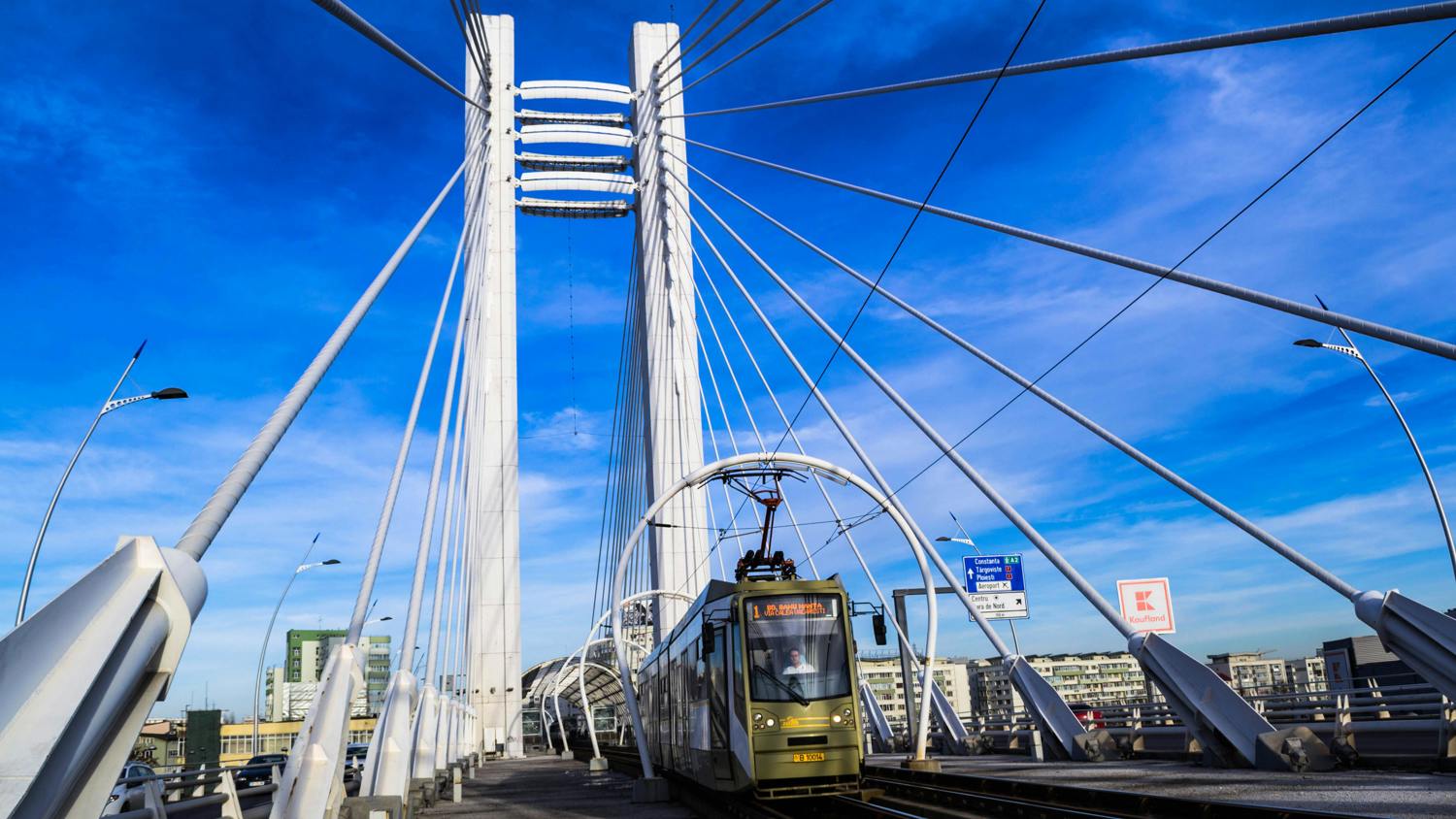Interreg Romania-Bulgaria for projects of strategic importance

Deadline
0
Days
Interreg Romania-Bulgaria opens a call for projects of strategic importance
The Interreg Romania-Bulgaria programme invites proposals for projects of strategic importance to improve rail and waterway infrastructure. Focused on sustainable, climate-resilient, and smart mobility, it aims to enhance national, regional, and cross-border transport, including better access to TEN-T networks.
Programme
Romania-Bulgaria
Details
Deadline for application
22 December 2025
Open for application
Explore the call
23 June 2025
Themes
Europe for Citizens
Interreg adopts place-based and community-based approaches to support integrated territorial strategies. It prioritises local ownership and sustainable partnerships to address the unique needs of regions and communities.
Connected Europe
Interreg focuses on improving mobility by enhancing transport networks and digital infrastructure. This ensures better connections for people, goods and information across regions.
Greener Europe
Interreg invests in projects that promote a low-carbon economy, tackle climate change and encourage a circular economy. It supports risk prevention, nature protection, sustainable energy and water management to help build a greener, more sustainable future.
Interreg promotes inclusion, employment and access to quality health, education, training and skills. It also supports culture, sustainable tourism and equality to create a fairer, more inclusive society.
Eligibility
Eligible countries
(2)
Romania
13
region(s)
Romania
(13 regions)
- Constanţa
- Călăraşi
- Dolj
- Giurgiu
- Macroregiunea Doi
- Macroregiunea Patru
- Macroregiunea Trei
- Mehedinţi
- Olt
- Sud-Est
- Sud-Muntenia
- Sud-Vest Oltenia
- Teleorman
Bulgaria
12
region(s)
Bulgaria
(12 regions)
- Veliko Tarnovo
- Vidin
- Vratsa
- Dobrich
- Montana
- Pleven
- Ruse
- Severen tsentralen
- Severna i Yugoiztochna Bulgaria
- Severozapaden
- Severoiztochen
- Silistra
Who is behind the call
Romania-Bulgaria
This programme focuses on cross-border cooperation between Romania and Bulgaria, tackling region-specific challenges. Key areas include climate change adaptation, disaster risk management, environmental protection, sustainable transport, and workforce mobility. The programme also promotes cultural heritage and tourism, aiming to create a more connected, green, educated, and integrated region.
